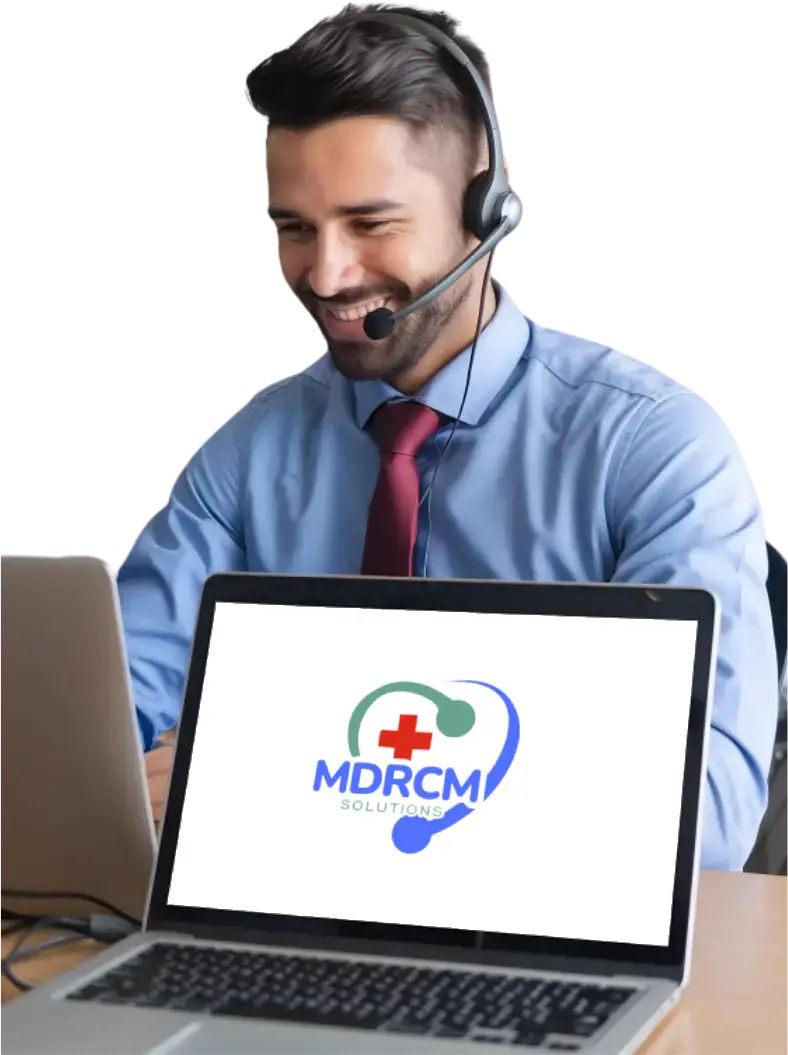


Account Receivable Services
"Enhance Revenue and Reduce Collection Costs with Our Accounts Receivable Solutions"
In healthcare, time directly translates to financial impact. A well-optimized accounts receivable system is crucial for the profitability of healthcare organizations. With our extensive expertise, we can significantly improve your cash flow, shorten accounts receivable days, and minimize unnecessary write-offs.
Here's how we manage Accounts Receivable Services:
Implementing Standard Procedures
We establish clear, standardized procedures for accounts receivable follow-ups, including follow-up timelines, communication methods with payers, and escalation protocols for unresolved issues.
Leveraging Technology
We use advanced RCM software or billing systems with automated A/R follow-up features. These tools help generate follow-up tasks, track communication history, and send reminders for overdue accounts.
Prioritizing Accounts
We prioritize accounts based on factors such as aging, outstanding balances, payer trends, and denial reasons. This focus helps maximize revenue recovery and reduce write-offs.
Consistency and Persistence
We ensure persistent and consistent follow-ups with payers to resolve outstanding claims promptly. Our approach helps overcome obstacles and accelerates payment processing.
Analyzing Trends
We regularly review A/R aging reports, denial trends, and payment patterns to identify and address common issues and payment delays, refining our follow-up strategies accordingly.
Effective Communication
We maintain open communication with payers to expedite the resolution of outstanding claims. Building professional relationships with payer representatives enhances collaboration and speeds up payment.
Detailed Documentation
We keep thorough records of all follow-up activities, including communication logs, claim statuses, and payment arrangements. This documentation supports tracking progress and handling appeals if necessary.
Continuous Monitoring and Improvement
We continuously monitor key performance indicators (KPIs) related to A/R follow-ups, such as days in A/R, collection rates, and aging buckets. This data helps evaluate and improve our follow-up efforts.
Importance of Effective A/R Management:
Optimizing Cash Flow
Timely follow-ups accelerate payment collection, improving liquidity and cash flow.
Maximizing Revenue Recovery
Ensuring all eligible reimbursements are collected reduces revenue leakage.
Reducing Bad Debt
Proactive follow-ups address unpaid claims before they become uncollectible bad debt.
Improving Financial Performance
Streamlined A/R processes and reduced outstanding balances enhance financial performance and profitability.
Analyzing Trends
Regular analysis helps identify issues and refine follow-up strategies to prevent recurring problems.
Enhancing Patient Satisfaction
Efficient resolution of billing issues and timely claims processing contribute to a positive patient experience.
Overall, effective management of accounts receivable is vital for optimizing revenue cycle performance, maintaining financial stability, and enhancing patient care.


Request A Callback

